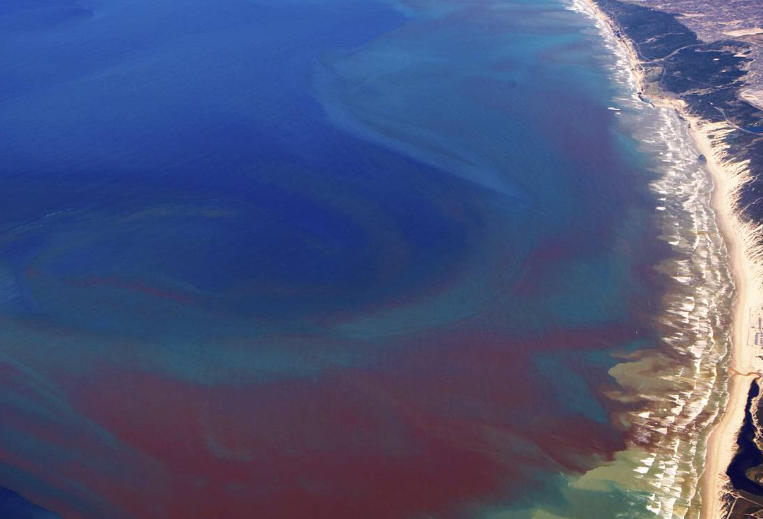Sustainable Development Goal 14 (SDG 14), aimed at conserving and sustainably using the oceans, seas, and marine resources, is essential for our planet’s health. With oceans covering over 70% of the Earth’s surface, they are vital not only for biodiversity but also for food security and economic stability. As human activities increasingly threaten marine life and habitats, understanding and acting on SDG 14 becomes more crucial than ever.
Understanding the Importance of Healthy Oceans
Healthy oceans play a pivotal role in regulating climate, supporting marine biodiversity, and sustaining human livelihoods. They absorb about 30% of the carbon dioxide produced by humans, which helps mitigate climate change. Moreover, oceans are home to countless species that contribute to global food systems and provide livelihoods for millions of people worldwide. Protecting marine environments ensures that these ecosystems continue to thrive, preserving them for future generations.
The Threats Facing Marine Life
Despite their significance, marine ecosystems face numerous threats, including overfishing, pollution, and climate change. Overfishing depletes fish stocks faster than they can reproduce, threatening both marine life and the communities that rely on fishing. Plastic pollution is another significant concern, with millions of tons of plastic entering the oceans each year, harming marine animals and disrupting ecosystems. Additionally, rising sea temperatures and acidification, driven by climate change, threaten coral reefs and many marine species. Addressing these challenges is critical for the future of marine life and human health.
Actions for Sustainable Ocean Management
To support SDG 14, individuals, communities, and governments can take meaningful actions. Sustainable fishing practices, such as catch limits and protected marine areas, help restore fish populations and promote biodiversity. Reducing plastic use and improving waste management can significantly decrease ocean pollution. Furthermore, supporting organizations and initiatives that work towards ocean conservation can amplify efforts to protect marine environments. Simple actions, like participating in beach clean-ups or advocating for sustainable seafood choices, contribute to larger global goals.
In conclusion, sustainable development goal 14 is vital for the health of our oceans and, consequently, our planet. By understanding the challenges and taking actionable steps toward conservation, we can help ensure that our marine environments thrive for future generations. Discover more about how you can contribute to this essential cause and be a part of the solution to fostering healthy oceans!

